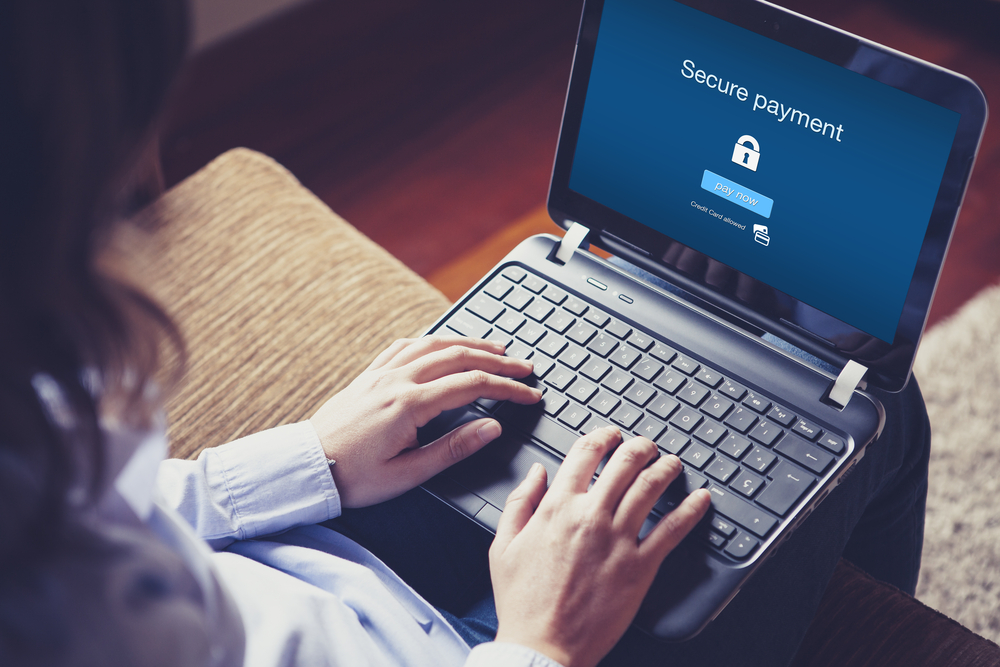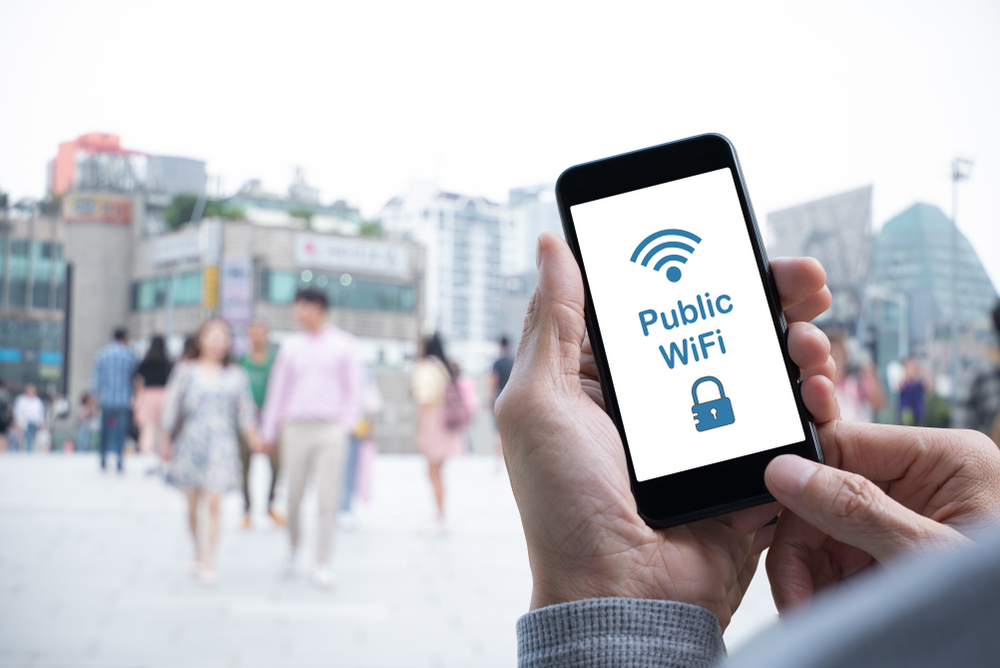Online shopping has become incredibly convenient in the modern digital era. You can easily buy anything you want, almost at your doorstep, with a few clicks of the mouse. On the other hand, with the increasing popularity of online shopping, it is essential to know how not to be scammed while surfing and purchasing via the web. The following are some easy-to-follow and yet effective tips that will ensure you remain safe while shopping online.
Shop from Trusted Websites: Whenever purchasing online, preferably choose renowned and trustworthy websites. Avoid going for less-known outlets and sellers; rather, stick to established retailers with a history of reliable, safe trading experiences. Steer clear of unknown websites that do not have adequate safeguards.

Look for Secure Websites: First of all, make sure that the website you are using is a secured one and safe to enter any personal or payment information through it. Look for the padlock symbol in the address bar and check if the website’s URL begins with “https:The specific ‘’:// instead of the simple “http://”. Your data can be protected using encryption, as shown by the letter “s,” which is part of the https found at a website.
Use Strong Passwords: Establish strong and unique passwords for all your online accounts, mainly those linked to shopping pages. Do not use simple passwords like “123456” or ‘password’. In place of this, use a set that includes letters, numbers, and symbols. Considering the risks of using relatively safe password managers,.
Enable Two-Factor Authentication: Most of the online shopping platforms provide 2FA as an additional safety layer. With 2FA enabled, whenever you log in to your account or place an order, a verification code will be sent via text message or mobile app. In this step, the risk of unauthorized access to your account is reduced.
Be Wary of Phishing Attempts: There are many phishing scams happening on the web, and they tend to target innocent shoppers. Watch out for phishing emails, prompts in messages, or pop-up ads that request your personal details, including financial information. No reputable company will ask for sensitive data to be sent via email or text message. In case you have a doubt about whether your communication is genuine or fake, contact the company directly using the contact information provided on their official websites or via customer care channels.
Keep Software Updated: Make sure your computer, smart phone, and other electronics are on the most current version of software updates for security patches. It informs us that this helps in the protection from attacks through which cybercriminals enter your data.
Use Secure Payment Methods: In the case of online purchases, select secured payment options like credit card or wallet payments. Credit cards give more fraud protection, and the charges can be nullified easily. Do not commence payments with debit cards or direct bank transfers because such payment means may provide you with less protection against fraudulent operations.
Monitor Your Accounts Regularly: Monitor your bank as well as the credit card statement for any irregular charges or dubious movements. Promptly notify your financial institution of inconsistencies. Furthermore, monitor your online shopping accounts on a regular basis and look for unauthorised changes in personal information as well as the address where products should be shipped.
Beware of Public Wi-Fi: Do not proceed to make online purchases through open Wi-Fi networks—those that can possibly be found in coffee shops or airports. It is very easy for hackers to intercept your sensitive information because such networks are not secured. Once you have to browse and shop online from a roaming laptop or mobile device, opt for anonymity by establishing a secure VPN network.

Trust Your Instincts: In the end, you can count on a sense of intuition that will be developed after shopping several times online. However, if an offer sounds too good or a website is rather shady, it’s safer not to risk spending your money in those cases. Above all, make sure you practice responsible surfing and purchase only from trusted sources.
It is therefore in conclusion that, though online shopping serves us with convenience and is cash-free, it remains critical for one to be aware of the dangers lurking around yet show much care not to put yourself or your information at risk. Therefore, by implementing these simple measures discussed above, you can be sure to shop on the internet confidently, knowing that all required precautions to safeguard your personal details and finances have been put in place. Enjoy shopping while remaining safe.


